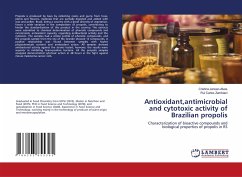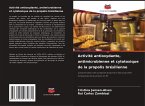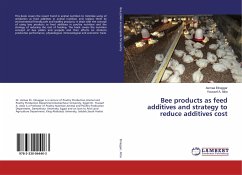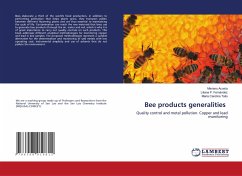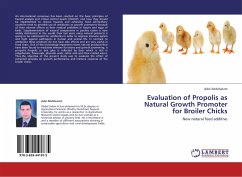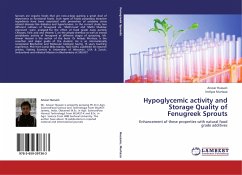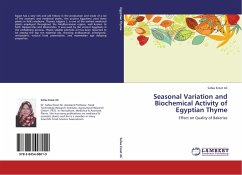Propolis is produced by bees by collecting resins and gums from trees, plants and flowers, materials that are partially digested and added with wax and pollen. Brazil, being a country with a great diversity of vegetation, favors a wide variation in the composition of propolis, contributing to hinder the standardization of this product in the country. The extracts were submitted to chemical determination of phenolic compounds and carotenoids, antioxidant capacity, regarding antibacterial activity and the cytotoxic. The samples had a similar profile of phenolic compounds, and the propolis sample from the city of Rio Grande showed 13 compounds. A positive relationship was found between samples with higher phytochemicals content and antioxidant action. All samples showed antibacterial activity against the strains tested; however, the results were superior in inhibiting Gram-positive bacteria. All the propolis samples analyzed demonstrated cytotoxic action in 48 hours in the fight against mouse melanoma cancer cells.
Bitte wählen Sie Ihr Anliegen aus.
Rechnungen
Retourenschein anfordern
Bestellstatus
Storno

